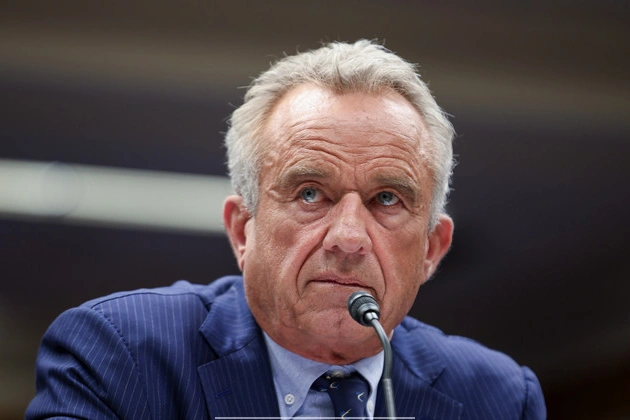
The Trump administration is tightening eligibility for Obamacare coverage in what it says is a bid to combat a “surge of improper enrollments” and to lower insurance costs broadly.
Immigration Impact on Health Insurance
Critics say the rule changes will cause eligible people to miss out on a chance at subsidized health insurance and increase the uninsured rate.
“With this rule, we’re lowering marketplace premiums, expanding coverage for families, and ensuring that illegal aliens do not receive taxpayer-funded health insurance,” HHS Secretary Robert F. Kennedy Jr. said in a press release that projects $12 billion in savings from the rule changes next year.
Those changes include reducing the enrollment period for plans by two weeks, adding paperwork requirements for some enrollees, ending the use of federal subsidies to help cover the cost of transgender people’s transition-related medical care, and barring Deferred Action for Childhood Arrivals recipients from purchasing insurance on the exchanges. Those are immigrants brought to the country without documentation when they were children whom President Barack Obama protected from deportation.
The final rule also repeals a special enrollment period for individuals in households earning less than 150 percent of the federal poverty level.
CMS estimates about 725,000 to 1.8 million people will lose coverage as a result of the final rule. In January, CMS said about 24 million people had signed up for Obamacare coverage for 2025.
Many of those will lose coverage because enrollment will be less consumer-friendly, said Larry Levitt, who advised President Bill Clinton on health policy and is now executive vice president for health policy at KFF, a health care think tank.
“I think the combination of the shorter open enrollment period and the more complex income verification rules will result in more people falling through the cracks,” Levitt said.
Levitt noted that many policies in the final rule are effective only for the 2026 plan year, but that could change if Congress codifies them. The House last month included some of the changes in its version of President Donald Trump’s megabill. The Senate hasn’t yet voted on its version of the bill, which aims to extend Trump’s 2017 tax cuts but needs budget savings to do it.
The final rule shortens the annual open enrollment period from Nov. 1 to Dec. 31. The previous enrollment period ran from Nov. 1 to Jan. 15.
The regulation also eliminates a policy under which individuals with low incomes who are eligible for premium-free plans are automatically re-enrolled in them. Under the new rule, they will be re-enrolled with a $5 monthly premium in plan year 2026. If the individual files paperwork showing they are still eligible for a no-premium plan, they’ll be re-enrolled in one.
Taken together, CMS estimates the changes will cause individual health insurance premiums to drop by an average of 5 percent.











